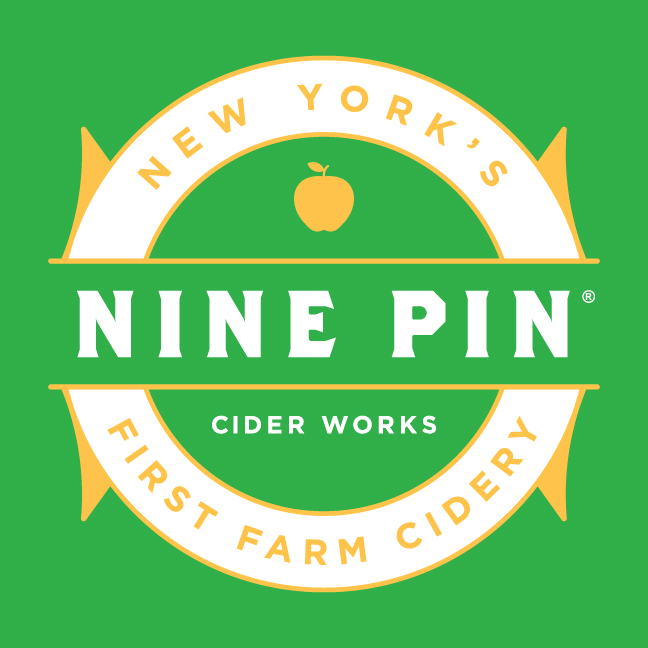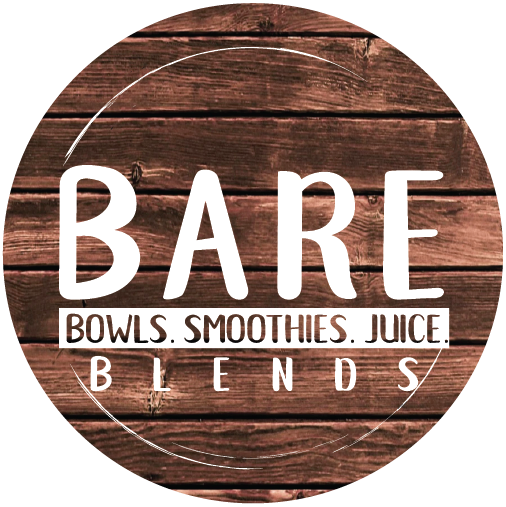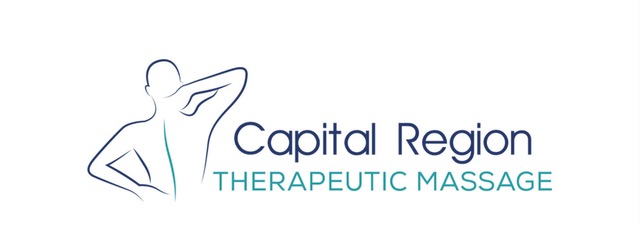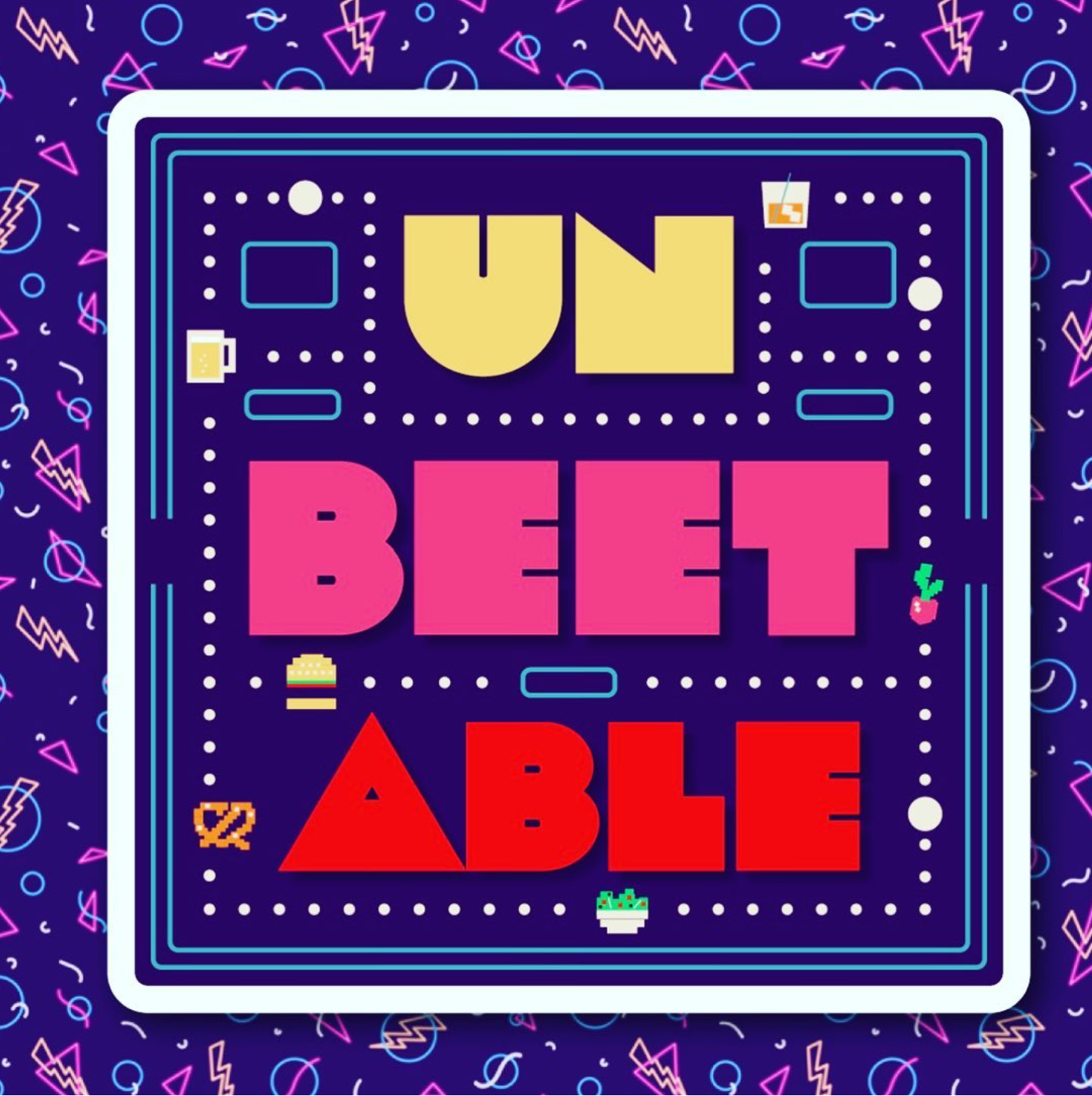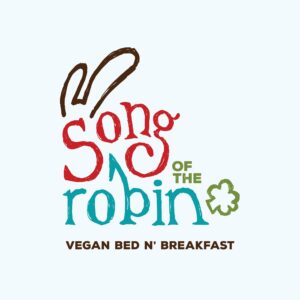Q&A with Eric C. Sharer, MPH, RD, CDN
1. What’s the best way to naturally get vitamin D in the winter time?
Vitamin D is an essential vitamin with numerous health benefits. Our body produces vitamin D after our skin is exposed to the sun. However, since we are so far from the sun in the winter time it is best to rely on foods containing vitamin D or vitamin D supplements. Since there are very few food sources that naturally contain vitamin D, it is better to consume foods fortified with vitamin D or consider taking a vitamin D supplement. Non-dairy milks such as soymilk are typically fortified with vitamin D2, a vegan form of vitamin D, and juices, cereals and margarines are generally fortified with vitamin D3 which is derived from sheep’s wool. Currently, there is a vegan form of vitamin D3 that is derived from lichen and is used in vegan vitamin D supplements. Mushrooms that are commercially exposed to ultraviolet B light have relatively high levels of vitamin D, close to 1,000 International Units (IU) in a 1-cup serving.1
2. Are there certain vitamin D supplements that are better/safer than others?
The two main forms of vitamin D used in supplements are vitamin D2, also known as Ergocalciferol, and vitamin D3, also known as Cholecalciferol. Most of the research done on vitamin D2 and vitamin D3 show that vitamin D3 is much more effective on increasing your blood levels of vitamin D.2-3 However, there remains a debate over this comparison due to potential issues in study design, small sample sizes, etc.4 Vitamin D is a fat-soluble vitamin, which means that at times excess amounts can be stored in your body fat. Try to consume either form of vitamin D with food containing fat to potentially increase the absorption of vitamin D in your blood. If this becomes confusing, try to take your vitamin D supplement with a meal. Consider, asking your doctor to check your vitamin D in your blood. The test that you can ask about is called serum 25-hydroxyvitamin D. Please note that insurance coverage can vary, so check with your insurance company for your coverage. There is a debate on where your vitamin D blood levels should be. Recent studies have suggested that levels significantly above the deficiency cut off is more beneficial for promoting optimal health. Speak with your healthcare provider about what vitamin D blood level range is best for you.5
3. Should vegans be more worried than non-vegans about getting our necessary vitamins and minerals?
While there are some considerations for vitamin and mineral supplementation in vegans, all people regardless of their diet may benefit from certain supplementation. Recent research suggests that the two main deficiencies that most Americans face are fiber and potassium. A well-balanced vegan diet may be richer in fiber and potassium than many other diets.6-7 To learn more about specific vegan nutrition recommendations, visit: https://www.vrg.org/nutshell/vegan.htm#nut
 ABOUT THE AUTHOR:
ABOUT THE AUTHOR:
Eric C. Sharer, MPH, RD, CDN, is a Registered Dietitian and culinary nutritionist, who is dedicated to promoting and embracing the health benefits of a vegan diet for disease prevention, treatment, and optimal health. Eric has extensive culinary arts training from Johnson & Wales University, and a vast understanding of oncology nutrition from his work with the esteemed Block Medical Center for Integrative Cancer Treatment. Eric embraces lifestyle changing to create individually tailored plans to help one optimize their health. Eric has worked with diverse patient population including those with cancer, diabetes, congestive heart failure, HIV/AIDS, developmental disabilities, IBS/Crohns/Colitis, the pediatric population and many others. Eric is past President, Vice President and Outreach Coordinator for Capital Region Vegan Network (formerly, Albany Vegan Network).
REFERENCES:
1. https://www.vrg.org/journal/vj2009issue2/2009_issue2_vitamin_d.php
2. https://www.ncbi.nlm.nih.gov/pubmed/23168298
3. https://www.ncbi.nlm.nih.gov/pubmed/26864127
4. https://www.ncbi.nlm.nih.gov/pubmed/28347378
5. https://www.ncbi.nlm.nih.gov/pubmed/25207384
6. https://nutritionfacts.org/video/do-vegetarians-get-enough-protein/
7. https://nutritionfacts.org/video/98-of-american-diets-potassium-deficient/

